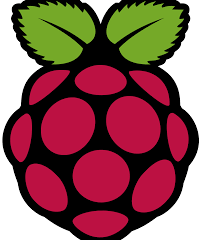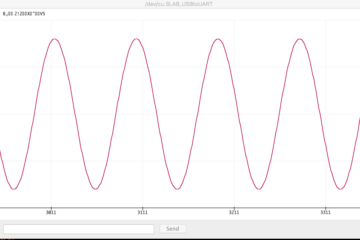PWM Audio Output support for the “arduino-audio-tools” Arduino Library
In one of my last Posts I have described an approach how we can implement a simple audio output using PWM using the Raspberry Pico. The advantage of this approach is, that we can output audio to almost any GPIO pin, and that it can be used on any other processor which supports PWM. I have extended my arduino-audio-tools project to provide this functionality with a Stream based and a callback based API. The following Read more…





